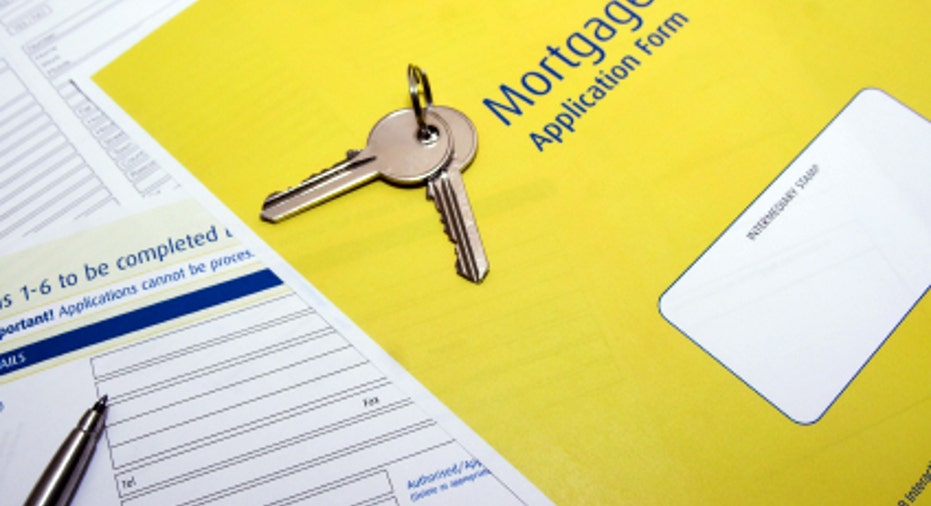How to Write Off Home Mortgage Interest

Usually there’s not too much involved with writing off your home mortgage interest. You get a Form 1098 from the lender showing how much mortgage interest you paid during the year, and either you or your tax pro fill in the number on Schedule A Itemized Deductions, right?
Well, maybe you haven’t been paying attention, but there’s no such thing as a cut and dry write off. After all, we’re dealing with the IRS. And because it has been cracking down lately on the home mortgage interest write off, now is the time to review the rules of taking this deduction. I’m here to tell you, some of your mortgage interest may not qualify for the deduction.
First of all, you can only deduct mortgage interest if the loan is a secured debt that has been recorded and your home is the collateral. A wraparound mortgage is not a secured debt unless it is recorded or otherwise perfected under state law.
Secondly, the home must be your principal residence or a second home. For those that rent out their second home for part of the year and use it personally, you can still deduct the mortgage if you use it for more than 14 days or more than 10% of the number of days during the year that the home is rented at a fair rental--whichever is longer.
The loan proceeds must be acquisition indebtedness or at least be used to improve or build the residence. If the loan proceeds, say from a refinance, are used to pay off credit card debt, buy new clothes, or take a trip to the Bahamas, the interest may qualify as home equity debt, in which case, you may write off interest on home equity debt up to a loan balance of $100,000($50,000 if Married Filing Separately). The remainder is not deductible because it is considered personal debt. Interest on home equity loans and lines of credit are deductible if secured by the home.
The tracing rules may work to your advantage. Consider this: If you refinanced to fund your sole proprietorship, you may deduct the mortgage interest on Schedule C, which reduces your self-employment tax. Or if you refinanced in order to make an investment, you would still deduct the interest on Schedule A but you would instead list it on line 14 “Investment interest.”
If you have a home office, you will allocate the mortgage interest between Schedule A itemized Deductions and Form 8829 where you take the deduction for the home office. It’s beneficial to deduct mortgage interest for the home office because the home office deduction decreases your self-employment tax liability.
When you purchase your home, you may pay points also known as loan origination fees. These are deductible in full as mortgage interest. However, if you pay points for a refinance of your existing home or to purchase a rental property, the points must be amortized and deducted ratably over the life of the loan. There are special situations regarding points, so check with your tax pro.
Mortgage insurance premiums also known as PMI are deductible if they are connected with home acquisition debt and the insurance contract must have been issued after 2006. And of course there are rules with that as well. If your adjusted gross income is greater than $100,000 ($50,000 if married filing separately), the amount you may deduct will be ratably decreased and will be eliminated completely if your adjusted gross income is more than $109,000 ($54,500 if married filing separately).
For more information on mortgage interest check out this IRS publication: Home Mortgage Interest
Bonnie Lee is an Enrolled Agent admitted to practice and representing taxpayers in all fifty states at all levels within the Internal Revenue Service. She is the owner of Taxpertise in Sonoma, CA and the author of Entrepreneur Press book, “Taxpertise, The Complete Book of Dirty Little Secrets and Hidden Deductions for Small Business that the IRS Doesn't Want You to Know.” Follow Bonnie Lee on Twitter at BLTaxpertise and at Facebook.



















